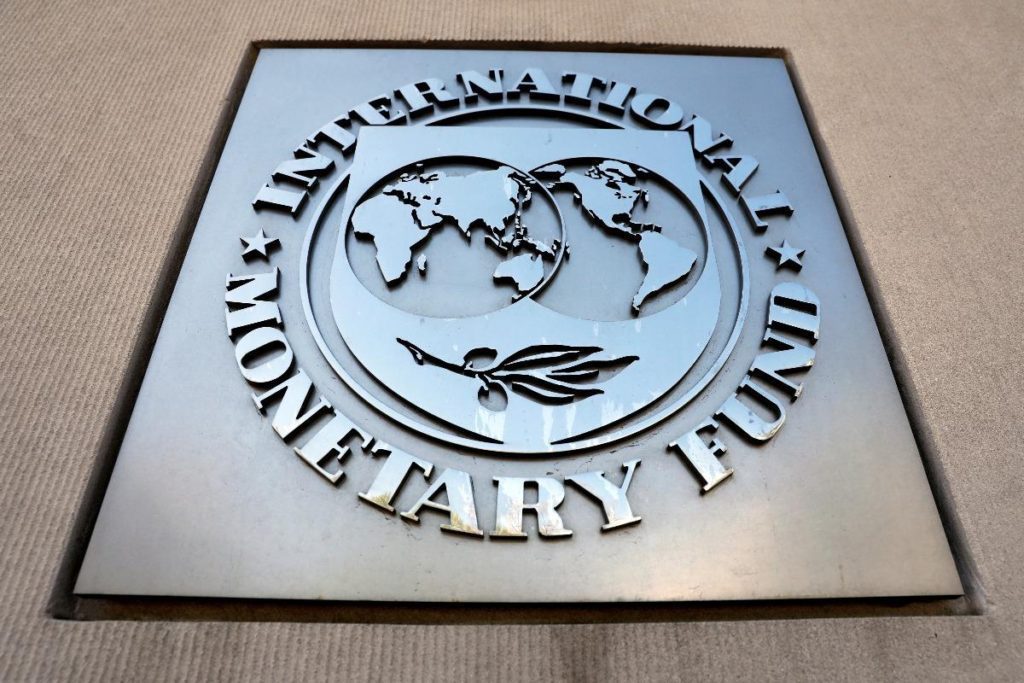Amid the ongoing war and sanctions, the United States and European Union are analyzing to curb Russia’s access to the International Monetary Fund (IMF) financing.
“While the situation remains highly fluid and the outlook is subject to extraordinary uncertainty, the economic consequences are already very serious,” Kristalina Georgieva, the IMF’s managing director, said.
“Price shocks will have an impact worldwide, especially on poor households for whom food and fuel are a higher proportion of expenses. Should the conflict escalate, the economic damage would be all the more devastating,” she said.
The IMF said it expected to bring Ukraine’s request for $1.4 billion in emergency financing to its board for approval as early as next week and was in talks about funding options with authorities in neighboring Moldova.
The US and EU, which account for the large majority of available counterparts in the IMF’s SDR transactions system, are worried that Russia, cut off from much of its $630 billion reserves, could have access to $17 billion in IMF reserves it received last year when the IMF boosted them to fight the Covid-19 pandemic.
The move to block Russia from accessing IMF finance would add to the pressure on Russia’s economy and financial system and also mark an important symbolic step, deepening Moscow’s international isolation.
One option under consideration is to remove Russia entirely from the institution that acts as a lender of last resort, officials said, though some noted that would prove difficult if not impossible.
Ejecting Russia from the IMF entirely may not be legally possible. “The consensus legal reading is that it cannot be done. Even for members guilty of genocide, it was not done because it would require proof of a legal breach of the IMF agreement, so it is very unlikely,” EU officials are quoted as saying.
“There is a discussion, but kicking Russia out entirely is probably unrealistic because of the required quorum,” one senior eurozone official said, referring to the wide support needed among countries that include China.
Other options being examined include the suspension of Russia’s voting rights.
In conclusion, Russia has already hs its central bank assets frozen, cut off from western financing by both US and EU as well as a ban from EU, Canadian, and US airspace. Moreover, a number of Russian institutions have been removed from the SWIFT international payments system and sanctions imposed on a bunch of Russian business tycoons.


